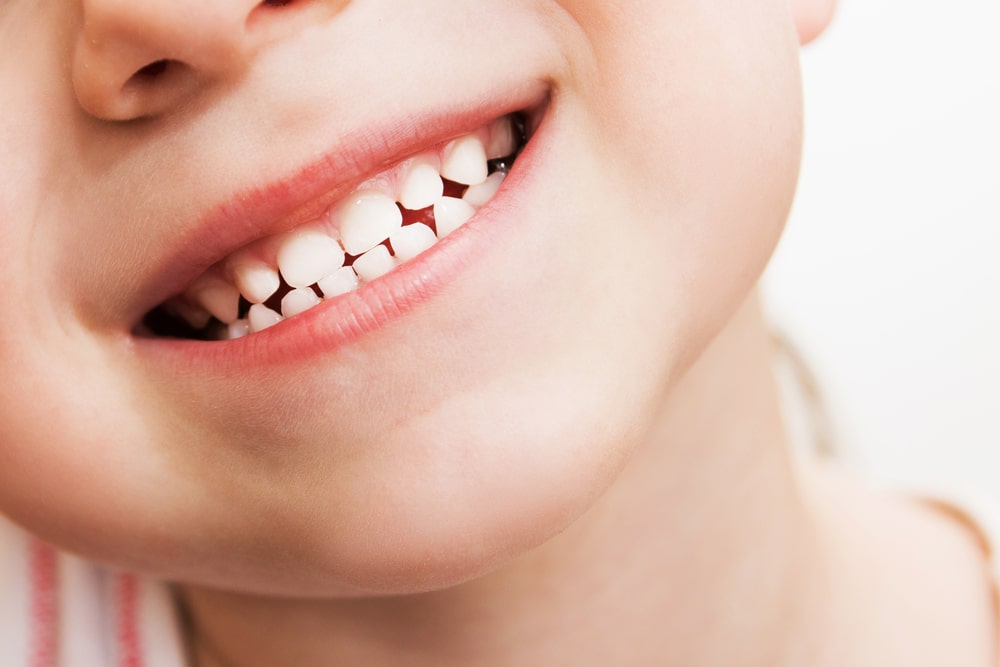
Dentists, and parents, never approach the process of pulling a baby tooth lightly. Kids feel a great deal of apprehension about tooth extraction, even at a family-friendly office like Bridge Creek Dental. This fear may be exacerbated by tooth pain they’re already experiencing.
Sometimes, though, tooth extraction is unavoidable. Your child’s primary tooth may be so badly decayed even a root canal can’t save it. It’s a common scenario, given 20 percent of children between age 5 and 11 have at least one untreated decayed tooth. Baby teeth may also need to be pulled if they’re fractured beyond repair; your child’s mouth is too crowded; a stubborn baby tooth refuses to make way for an erupting secondary tooth; or in preparation for getting braces.
While a tooth-pulling is never cause for celebration, a good dentist will work to make the procedure as painless as possible. There are also a number of dos and don’ts for parents when it comes to handling damaged baby teeth, which can lessen your child’s fear and discomfort.
Dental Do’s And Don’ts
Do explain the tooth-pulling procedure to your child ahead of time. Talk to your dentist so you know exactly what the procedure and recovery will look like, step-by-step. This includes any pain-killing measures, like numbing with a generalized anesthetic or sedation via laughing gas or an IV. It’s unlikely your child will be completely at ease about tooth extraction, but being in the know will ease their worry.
Don’t panic. If your child is experiencing severe tooth pain or has damaged their teeth through a mishap, do your best to remain calm. Your composure can reassure a frightened kid. Dentistry has become increasingly advanced and children are often more resilient than we think. Childhood dental issues can usually be resolved without any lasting physical or emotional damage.
Do consult with your dentist to find out how to prepare for the procedure. They may advise you to avoid giving your child food or liquids for a certain amount of time before the scheduled tooth-pulling, especially if sedation is involved.
Don’t ignore your child’s tooth decay because “they’re just baby teeth” and your child will get replacements soon. Tooth decay should always be addressed, because the infection involved can put your child’s health and even their at risk. An unresolved tooth infection can also spread to adult teeth that have yet to erupt.
Do plan ahead for the period immediately after the procedure. You’ll want to have over-the-counter pain medication at the ready as well as some soft foods that feel good on a sore gum.
Don’t assume your child’s damaged tooth is beyond repair. A knocked-out tooth may be successfully re-implanted if you get to a dentist within a couple hours. Save the tooth, keep it moist and call you your dentist. If it’s after-hours, you may be able to schedule an appointment with an emergency dentist. Trying to save a knocked-out tooth is particularly important if your child is younger than three or they’ve managed to dislodge a permanent tooth.
If your child’s tooth is knocked loose rather than knocked out, it can generally re-implant itself into your child’s jawbone. Give your dentist a call as soon as possible. They may recommend giving your youngster a soft diet for a couple days and that you make an appointment to have X-rays taken.
Do prepare to be surprised at how easily your child rolls with the punches. If you had your front two teeth knocked out, you’d be beside yourself. You’d worry about the way you look as well as complication with routine activities like eating.
A kid already in the stages of losing baby teeth, by contrast, is likely to be laughing at cartoons or pushing their toy cars around within a few hours of tooth extraction or injury. This resilience comes courtesy of a special superpower reserved for children. As Ralph Waldo Emerson once said, “It is a happy talent to know how to play.”
Whether you’re in need of a tooth-extraction or just some sound advice, our dentists and staff are ready to help you. Contact us today.